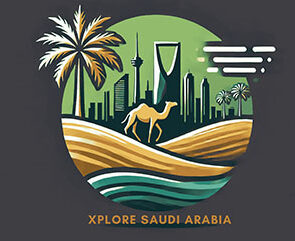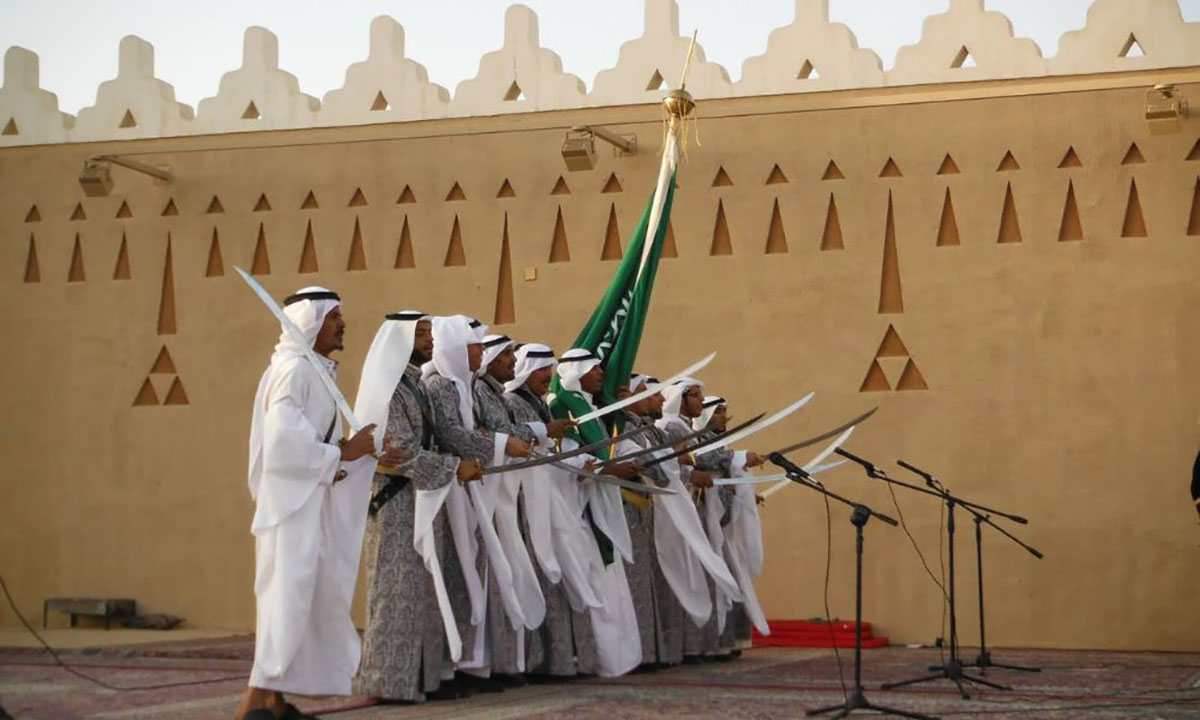Saudi Arabia, the heart of the Middle East, is a nation where ancient traditions meet ambitious modernity. Officially known as the Kingdom of Saudi Arabia (KSA), the country occupies the majority of the Arabian Peninsula, bordered by Jordan, Iraq, Kuwait, Qatar, the United Arab Emirates, Oman, and Yemen. It boasts coastlines along both the Red Sea and the Arabian Gulf, making it strategically and economically significant.
With a population of over 35 million and a vast landscape that includes deserts, mountains, and coastline, Saudi Arabia is undergoing a transformation driven by its Vision 2030 — an ambitious national initiative to diversify the economy and reduce its dependence on oil.
A Glimpse into Saudi History
Saudi Arabia’s history is deeply rooted in Islamic heritage. It is home to Islam’s two holiest cities: Makkah and Madinah. Makkah, the birthplace of the Prophet Muhammad (PBUH), is the spiritual center for Muslims around the world, drawing millions of pilgrims annually for Hajj and Umrah.
The modern state was founded in 1932 by King Abdulaziz Ibn Saud, uniting the regions of Hejaz and Nejd into a single nation. Since then, the kingdom has grown into one of the wealthiest and most influential countries in the Arab world.
The Economy: From Oil to Innovation
For decades, Saudi Arabia’s economy was dominated by oil. With the discovery of oil in 1938, the kingdom quickly became one of the world’s top oil producers. The state-owned company, Saudi Aramco, is the largest and most profitable oil company globally.
However, the future of Saudi Arabia is being shaped by Vision 2030, launched by Crown Prince Mohammed bin Salman. The vision focuses on economic diversification, tourism, entertainment, technology, and renewable energy. Mega projects like NEOM, a futuristic $500 billion smart city, and The Line, a linear city free of cars and carbon emissions, reflect the kingdom’s forward-looking ambitions.
Tourism and Cultural Renaissance
Long known for religious tourism, Saudi Arabia is now opening up to international visitors. The introduction of the tourist e-visa in 2019 marked a new chapter in the kingdom’s global engagement. Visitors can now explore stunning destinations such as:
AlUla: A historic site with ancient Nabatean tombs and sandstone cliffs, comparable to Petra in Jordan.
Riyadh: The capital city, blending modern architecture with cultural heritage, including the National Museum and historic Diriyah.
Jeddah: A vibrant coastal city on the Red Sea, known for its beautiful corniche, art scene, and access to world-class diving spots.
Abha and Asir Mountains: Offering cool weather, green landscapes, and a unique cultural identity in the south of the kingdom.
Saudi Arabia is also hosting global events like the Riyadh Season, Formula 1 Grand Prix, international music concerts, and film festivals—once unthinkable just a decade ago.
Society, Culture, and Modern Shifts
Saudi culture is shaped by Islamic traditions, tribal values, and Bedouin customs. Arabic is the official language, and Islam plays a central role in daily life.
Recent reforms have brought significant social changes, especially for women. Saudi women now drive, attend public events, and work in sectors that were previously male-dominated. Cinemas have reopened, music festivals are held, and dress codes are becoming more relaxed, especially in urban areas.
Yet, the country balances these changes with a strong commitment to its religious and cultural heritage. Traditional dress like the thobe for men and abaya for women remains common, and family values continue to be a pillar of society.
Business and Investment Opportunities
Saudi Arabia is positioning itself as a global business hub. Through the Saudi Vision 2030 and the National Investment Strategy, the kingdom aims to attract foreign direct investment (FDI), support small and medium enterprises (SMEs), and boost the private sector’s contribution to the economy.
The Saudi stock exchange, Tadawul, is one of the largest in the region. Sectors like real estate, tourism, technology, healthcare, and renewable energy present immense opportunities for investors.
The creation of Special Economic Zones (SEZs) and regulatory reforms have further enhanced Saudi Arabia’s business environment, offering tax incentives, simplified licensing, and 100% foreign ownership in many industries.
Environmental and Sustainability Goals
Despite its oil-rich background, Saudi Arabia is increasingly focusing on sustainability. The Saudi Green Initiative and Middle East Green Initiative aim to plant billions of trees, reduce carbon emissions, and develop renewable energy solutions.
Projects like NEOM are being built with sustainability at their core, integrating clean energy, smart mobility, and conservation efforts. The country is also investing heavily in solar and wind power as part of its shift to a greener future.
Final Thoughts
Saudi Arabia is a nation in the midst of profound change. From the spiritual heart of Islam to an emerging global tourism and business destination, the kingdom is redefining itself for the 21st century. Whether you’re drawn by its rich history, economic opportunities, or ambitious vision for the future, Saudi Arabia is a place of remarkable transformation and growing global significance.



